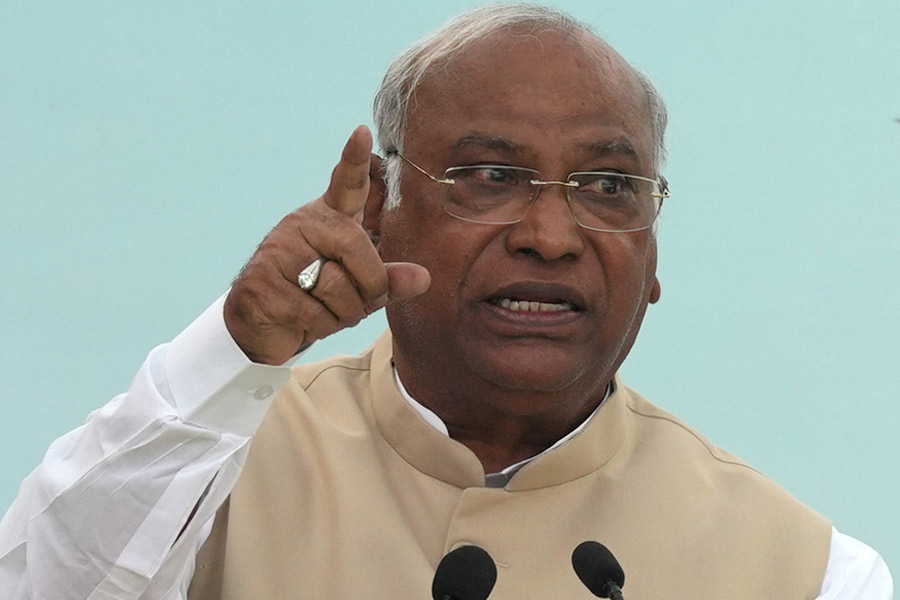The last decade witnessed various partisan actions from independent institutions. Now the Election Commission of India, the guardian of free and fair elections, has replied, unprecedentedly, to a politician’s letter not addressed to it. The Congress president, Mallikarjun Kharge, wrote an open letter to allies in INDIA that underlined the discrepancies in voter turnout percentages published by the EC. The delay between the first figures provided and their upward corrections was noted, especially after the first phase. The EC, instead of retaining its elevated position of ombudsman in the elections, reacted in a sharp cautionary missive, asking the Opposition to ‘refrain’ from causing confusion among voters. The technical details of the EC’s reply suggest that it is not interested in offering the most important stakeholders in elections, the people, the transparency they need regarding the EC’s processes. The EC is empowered under Article 324 of the Constitution to conduct the elections, but its letter to the leader of the Opposition has virtually made it into a participant in the event.
The EC charged Mr Kharge with the attempt to create ‘disharmony’. This is deeply ironical in view of the numerous complaints from various parties against the prime minister and other senior leaders of the Bharatiya Janata Party for their campaign speeches using religion and trying to incite hatred between communities. This is blatantly unconstitutional. The religious content of the BJP’s election speeches, the use of schoolchildren and the armed forces for BJP propaganda, the Congress’s complaints against accusations of links with George Soros without proof and that it will attach the property of majority community holders to distribute among minority community members have all been overlooked by the EC. It is also silent regarding the BJP’s complaint against Rahul Gandhi’s speech charging the BJP with attempts to divide the people over caste, religion, language and place. The EC’s inertia in matters under its jurisdiction compared to its admonition of the Opposition on the basis of a letter not addressed to it is enough to shake the trust it should enjoy. Its report of the many complaints dealt with mean little in this context. The contention that Mr Kharge’s letter will create disharmony, not the EC’s own omissions, indicates a loss of independence that is alarming for India's democracy.











